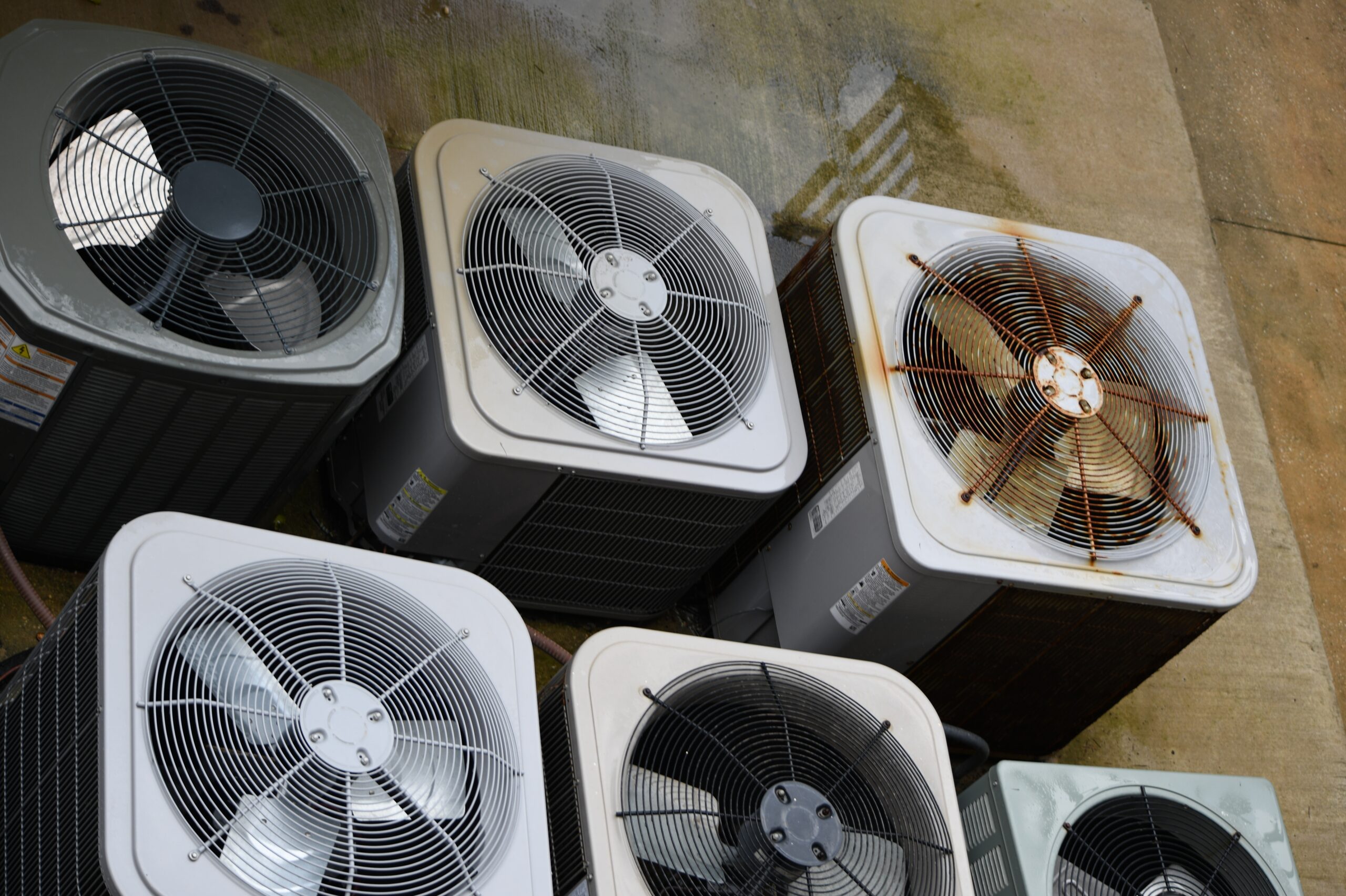When creating a comfortable living or working environment, one of the key considerations is selecting the correct size AC unit. Many often ask, “What size AC unit do I need?” This question is crucial to ensure optimal cooling efficiency and energy savings. This guide dives into the factors influencing your choice, including the significance of AC filter sizes and considerations for spaces from 1,500 to 2,400 square feet.
Understanding Your Cooling Needs
Before diving into the technicalities, it’s essential to understand the factors that influence your cooling needs. The size of your space, insulation, ceiling height, and local climate are all key considerations. Oversized units may lead to inefficient cooling cycles, while undersized units struggle to maintain the desired temperature, increasing energy consumption.
Determining the Right Size AC Unit
- What size AC unit do I need? To answer this question, consider the area you need to cool by figuring out the square footage. You can readily accomplish this by measuring both the length and width of each room, then multiplying these dimensions together. Once you do that for all the rooms, add the square footage numbers to get the total for the area you plan to cool. This will give you a comprehensive understanding of your cooling needs.
- Consider the climate: If you live in a region with extreme temperatures, you may need a larger AC unit to handle the extra workload. On the other hand, milder climates may allow for a more energy-efficient choice.
- Evaluate insulation: Proper insulation plays a significant role in maintaining a comfortable indoor temperature. Well-insulated spaces may require less cooling power, while poorly insulated areas may need a larger unit.
- Ceiling height matters: Taller ceilings can impact the cooling efficiency. You may need a more powerful AC unit if your space exceeds the standard ceiling height.
AC Filter Sizes and Efficiency
Apart from the size of the AC unit, other crucial aspects are the AC filter sizes. The air filter is crucial to your cooling system, trapping dust, allergens, and pollutants. Choosing the right filter size ensures optimal performance and better indoor air quality.
- AC filter sizes: Check your AC unit’s specifications or manual to determine the correct size. Using the wrong filter can reduce efficiency and potentially damage the system.
- Filter efficiency: Consider the filter’s MERV (Minimum Efficiency Reporting Value) rating. Higher MERV ratings indicate better filtration but be careful not to choose a filter that is too high for your system, as it may impede airflow.
Choosing the Right Size AC Unit for Specific Square Footages
- What size AC unit for 2,400 square feet? Larger spaces require more cooling power. For a 2,400-square-foot area, you typically need an AC unit ranging from 30,000 to 36,000 BTUs (British Thermal Units). However, factors like insulation, climate, and ceiling height should be considered to fine-tune this estimation.
- What size AC for 1,500 square feet? For a space of 1,500 square feet, an AC unit with a capacity between 18,000 and 24,000 BTUs is generally recommended. Again, individual factors like insulation and climate should be considered for a more precise selection.
Choosing the correct size AC unit is a major first step in creating a comfortable and energy-efficient indoor environment. By factoring in elements such as square footage, insulation quality, and local climate, you can make a thoroughly informed decision. Additionally, paying attention to AC filter sizes ensures that your cooling system operates at its best, providing comfort and healthier indoor air.
Whether you’re cooling a spacious living area or a smaller office, finding the perfect fit ensures you stay cool while minimizing energy costs. If you have any questions about our quality units or what size you may need to get, contact us today.




